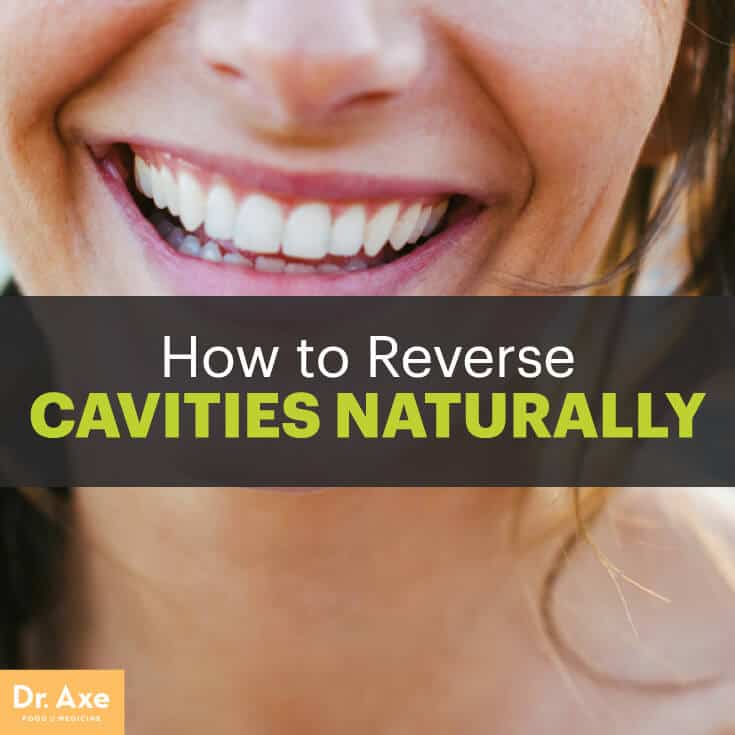Sucralose: Prevents Tooth Decay Naturally

The prevention of tooth decay has long been a concern for oral health professionals and individuals alike. Traditional methods of cavity prevention often rely on fluoride toothpaste and regular dental check-ups. However, there is another compound that has gained attention for its potential to prevent tooth decay naturally: sucralose. While commonly known as an artificial sweetener, sucralose has properties that make it an interesting candidate for oral health benefits.
To understand how sucralose might prevent tooth decay, it’s essential to delve into the basics of tooth decay and the role of sugars in this process. Tooth decay, or dental caries, occurs when bacteria in the mouth break down food, especially sugars and starches, producing acid as a byproduct. This acid can damage the enamel of teeth, leading to cavities. The most common culprit behind tooth decay is the consumption of fermentable carbohydrates, particularly sucrose.
Sucralose, on the other hand, is a synthetic sweetener that is approximately 600 times sweeter than sucrose. It is widely used in low-calorie foods and beverages because it provides sweetness without the calories. One of the key benefits of sucralose is that it is not metabolized by the body, meaning it passes through the digestive system unchanged and does not contribute to energy intake. But what about its effects on oral health?
The potential of sucralose to prevent tooth decay lies in its inability to be metabolized by oral bacteria. Unlike sucrose, which is readily broken down by bacteria in the mouth to produce acid, sucralose is resistant to bacterial metabolism. This means that sucralose does not contribute to the production of acid that can damage tooth enamel. In theory, if sucralose is used as a sweetener instead of sucrose, it could reduce the risk of tooth decay by minimizing the amount of acid produced in the mouth.
Several studies have explored the effects of sucralose on oral health. While the evidence is not yet conclusive, some research suggests that sucralose may indeed have a beneficial effect on preventing tooth decay. For example, a study conducted on rats found that those fed a diet containing sucralose had significantly fewer cavities than those fed a diet containing sucrose. Another study in humans found that the use of sucralose-sweetened gum after meals reduced the incidence of dental caries.
However, it’s crucial to approach these findings with caution. The relationship between sucralose and tooth decay prevention is complex and likely influenced by many factors, including overall diet, oral hygiene habits, and the presence of other health conditions. Moreover, while sucralose itself may not contribute to tooth decay, foods and beverages sweetened with sucralose can still contain other sugars or acids that pose a risk to oral health.
In addition to its potential to prevent tooth decay, sucralose has other properties that could be beneficial for oral health. For instance, some research suggests that sucralose can inhibit the growth of certain bacteria in the mouth, potentially reducing the risk of gum disease and other oral infections. However, more research is needed to fully understand these effects and to determine whether sucralose could be used therapeutically to promote oral health.
For individuals looking to incorporate sucralose into their oral health routine, there are a few considerations to keep in mind. First, it’s essential to choose sucralose-sweetened products that do not contain other sugars or acids that could negate the benefits of sucralose. Second, sucralose should not be seen as a replacement for regular oral hygiene practices, such as brushing and flossing. Finally, while sucralose may have potential benefits for oral health, it is just one part of a comprehensive approach to preventing tooth decay and promoting overall health.
Is sucralose safe for consumption?
+Sucralose has been extensively studied and is generally recognized as safe (GRAS) by regulatory agencies around the world, including the U.S. Food and Drug Administration (FDA). However, as with any food additive, it's crucial to consume it in moderation and as part of a balanced diet.
Can sucralose completely replace sugar in the diet for tooth decay prevention?
+While sucralose has potential benefits for tooth decay prevention, it should not be relied upon as the sole method of prevention. A comprehensive approach that includes regular dental check-ups, good oral hygiene, and a balanced diet is still essential for maintaining good oral health.
Are there any potential drawbacks to using sucralose for oral health?
+Despite its potential benefits, the long-term effects of consuming sucralose are not fully understood, and some research has raised questions about its impact on the gut microbiome and potential effects on glucose metabolism. As with any dietary choice, it's essential to be aware of these potential drawbacks and consult with a healthcare professional if needed.
In conclusion, while sucralose shows promise as a natural way to prevent tooth decay, its effects should be considered as part of a broader strategy for oral health. By understanding the role of sucralose and incorporating it into a comprehensive approach to oral care, individuals can make informed choices about their diet and hygiene practices to promote healthy teeth and gums. As research continues to unfold, the potential benefits of sucralose for oral health will become clearer, offering new avenues for the prevention of tooth decay and the promotion of overall well-being.

